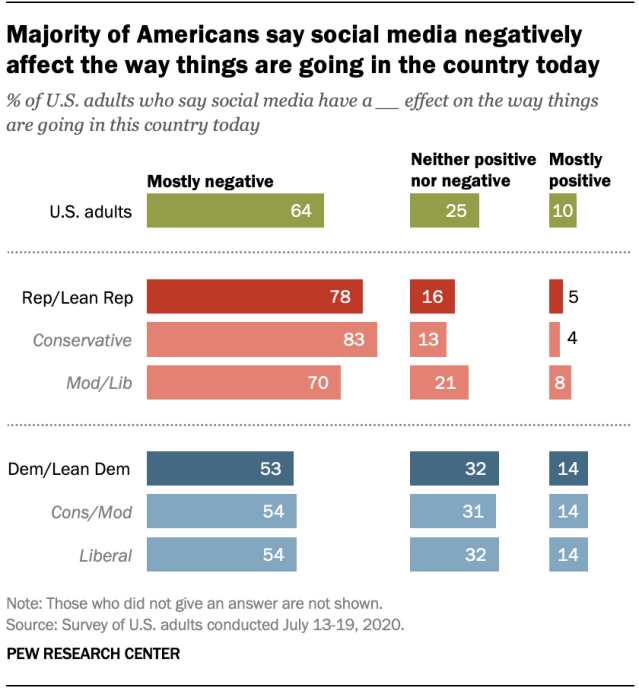Brayden Adkins
Ba144319@ohio.edu
Many people have experienced growing up with social media living in a digital-first world. For many teenagers growing up, we often gain knowledge from social media outlets such as Instagram, Facebook, and even Snapchat. On many of these Social Media outlets, many young adults find information from different popular mainstream news sources that allow them to receive important news worldwide. The world is changing, and the Journalism world is changing with it; we see more and more news transfer digitally to your electronic device more than ever.
Although social media has allowed us to receive mainstream news to our fingers, many people perceive fake news, especially in politics. Growing up in a digital age, I have learned that it is easy to believe in so-called fake news, and it's easy for you to be faked out by what you may see or read on social media. The Pew Research Center did a study, and they found that "about two-thirds of Americans say social media had a mostly negative effect on the way things are going in the country today." In addition, Pew Research Center also found that many Americans believed that there was "major misformation in the hate and harassment they see on social media." This information is concerning when it comes to politics and especially political elections. This practice raises many questions when trying to figure out information about a political candidate on what is true and false. With so much facility in social media, you may ask, how do I know the difference between real and fake news?

Image from the Pew Research Center
Through the portrayal of fake news, we must learn not to believe what we see at first glance. When viewing news on social media, we are often put under the persona of short video clips and memes that may not tell the whole story. As journalists, we often must do research before portraying a story as real news through a fact-checking process, such as finding the source is, have they done stories in the past that were considered real news, and where they may be reporting from. Looking up our sources allows you to consider if the source is authentic and gain more knowledge on the issue. Although fake news has become a significant persona that we see in social media, educating ourselves is the only way to defy the fake news narrative.
No comments:
Post a Comment